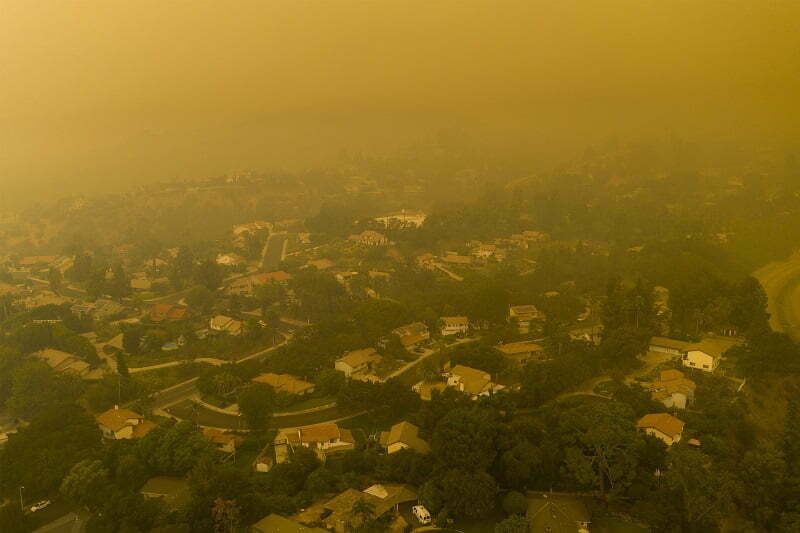In today’s fast-paced world, where concerns about air pollution continue to rise, understanding the risks associated with air quality has become more important than ever. Recent studies have shed light on the profound impact of air pollution on human health, emphasizing the need for proactive measures to safeguard our well-being. Hackensack Meridian Health is at the forefront of raising awareness about air quality and providing valuable safety tips to mitigate potential risks.
Air pollution is a complex mixture of various particles and gases, including fine particulate matter (PM2.5), nitrogen dioxide (NO2), sulfur dioxide (SO2), ozone (O3), and carbon monoxide (CO). These pollutants can originate from both outdoor and indoor sources such as industrial emissions, vehicle exhaust, tobacco smoke, and household cleaning products.
Research has shown that prolonged exposure to poor air quality can lead to a range of health problems. Respiratory conditions, including asthma, bronchitis, and chronic obstructive pulmonary disease (COPD), are among the most commonly reported issues associated with air pollution. Moreover, air pollution has been linked to an increased risk of cardiovascular diseases, such as heart attacks and strokes, as well as adverse effects on pregnancy outcomes and neurodevelopment in children.
To promote a healthier environment and reduce the negative impact of air pollution on public health, Hackensack Meridian Health offers some essential safety tips:
- Stay informed: Monitor local air quality indexes and forecasts regularly. Apps and websites provide real-time updates, helping you plan outdoor activities when air quality is better.
- Limit exposure during high pollution days: When air quality is poor, reduce time spent outdoors, especially during midday when pollution levels are often higher. Seek indoor spaces with adequate ventilation or consider using air purifiers.
- Create a clean indoor environment: Keep indoor spaces free from pollutants by regularly cleaning and dusting. Ensure proper ventilation and limit the use of harmful chemicals and strong cleaning products.
- Use protective measures: When air quality is compromised, wearing a properly fitted mask can help filter out harmful particles. N95 masks are recommended for individuals at higher risk, such as those with respiratory conditions.
- Promote sustainable transportation: Minimize vehicle use by opting for public transportation, carpooling, biking, or walking. These choices not only reduce air pollution but also contribute to a healthier lifestyle.
- Support clean energy initiatives: Encourage the use of renewable energy sources and advocate for stricter environmental regulations. Every effort to reduce pollution levels can have a significant positive impact on air quality and public health.
Hackensack Meridian Health remains committed to educating the community about the effects of air pollution and empowering individuals to protect themselves and their loved ones. By taking proactive steps to improve air quality and implementing safety measures, we can collectively strive for a healthier and sustainable future.
Remember, your health is in your hands, and together we can create cleaner, safer environments for generations to come.



